An Introduction to the English Legal System and its Sources of Law
VerifiedAdded on 2023/04/21
|21
|1295
|68
Homework Assignment
AI Summary
This assignment provides a comprehensive overview of the English Legal System's sources of law. It begins by outlining the three branches of government: the legislature, the executive, and the judiciary, and explains the doctrine of parliamentary sovereignty. The assignment then delves into the various sources of law, including statute law, secondary legislation, EC law, ECHR law, case law, custom, books of authority, and quasi-legislation. Each source is defined and explained, providing examples and context. The role of law reform, including the Law Commission and other bodies, is also discussed. The document concludes with a summary of key concepts and learning objectives, offering a clear understanding of the structure and operation of the English Legal System. The assignment cites relevant legal texts and provides a strong foundation for understanding the legal system and its sources.
1 out of 21
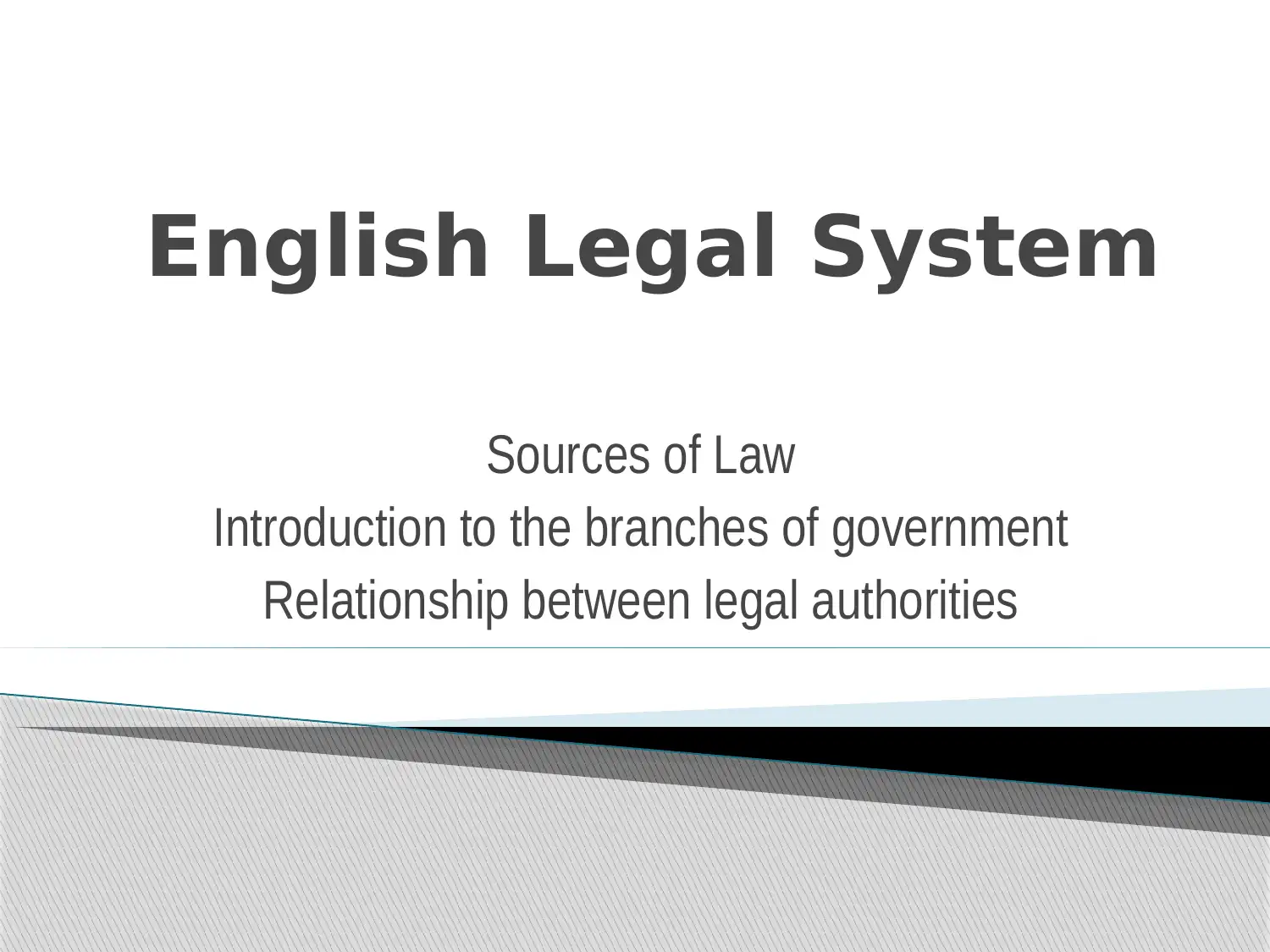
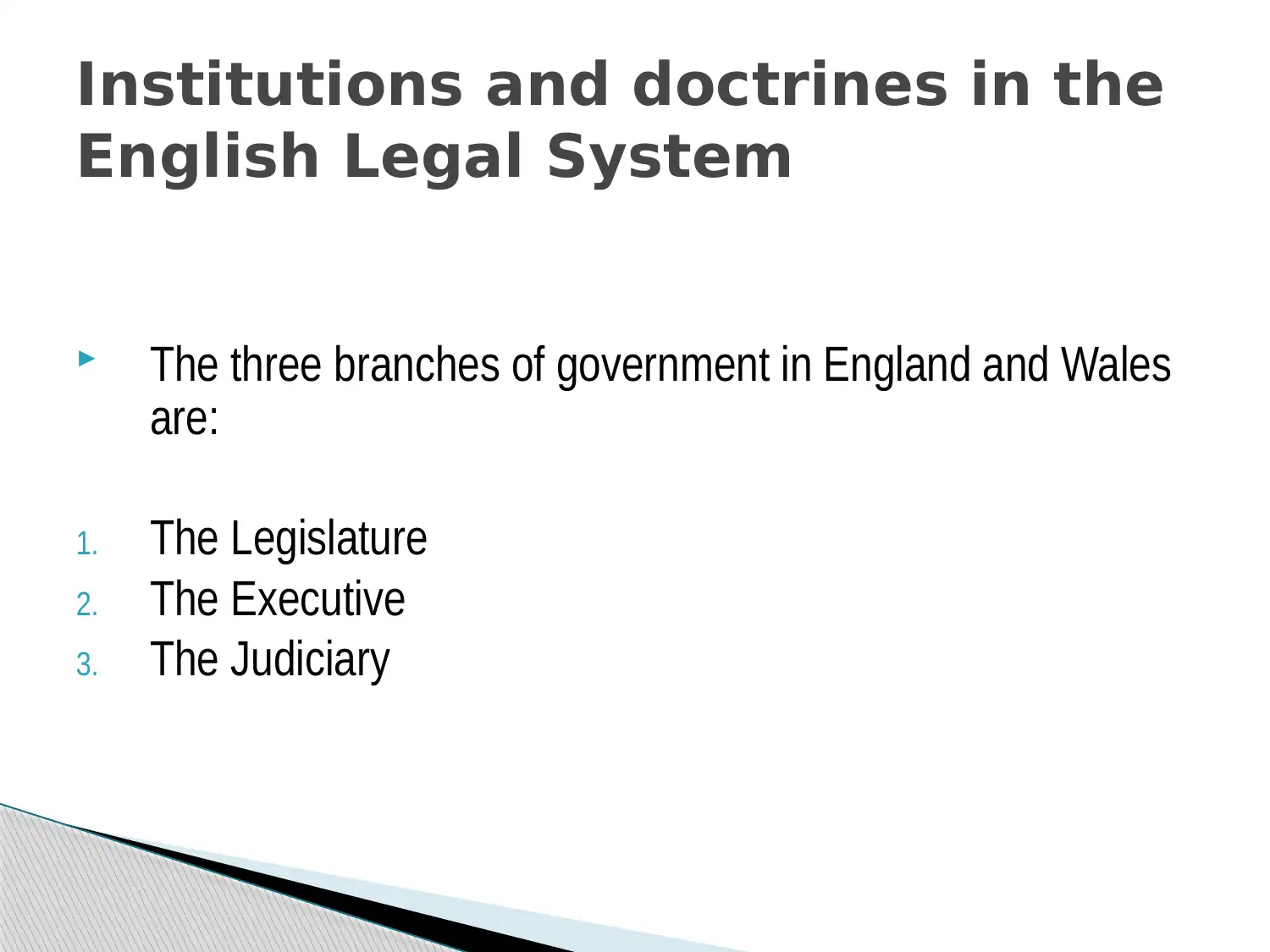
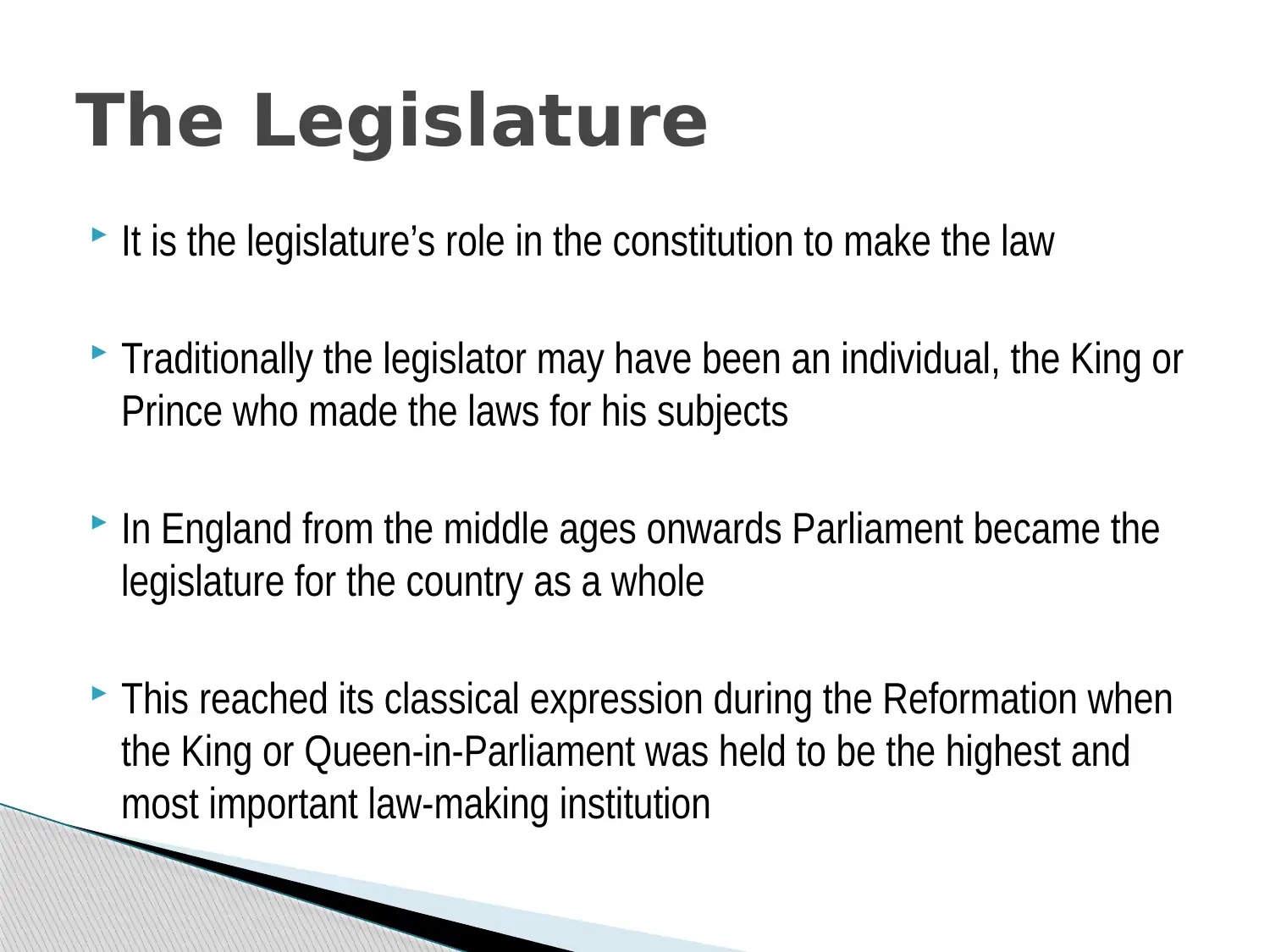

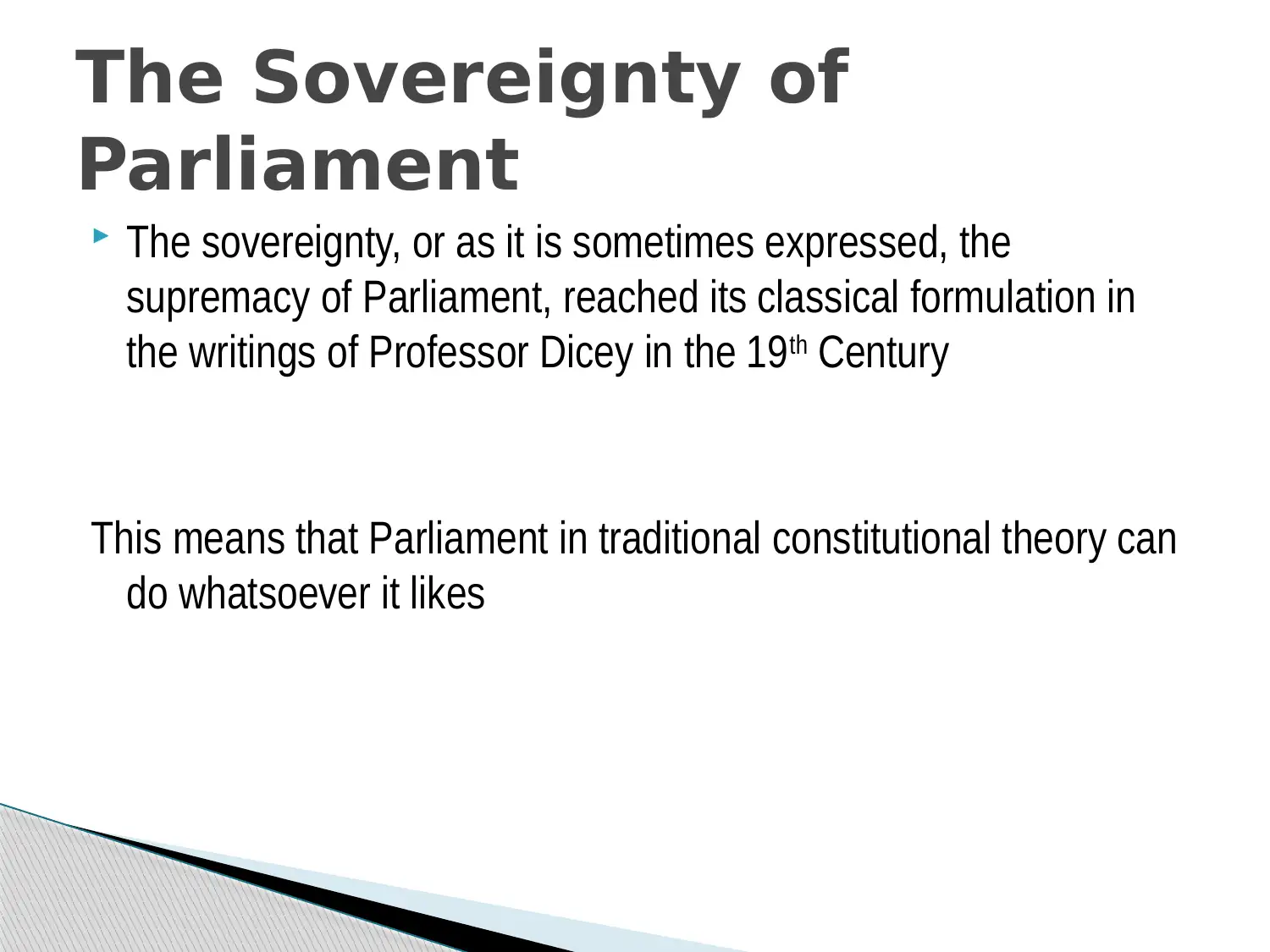
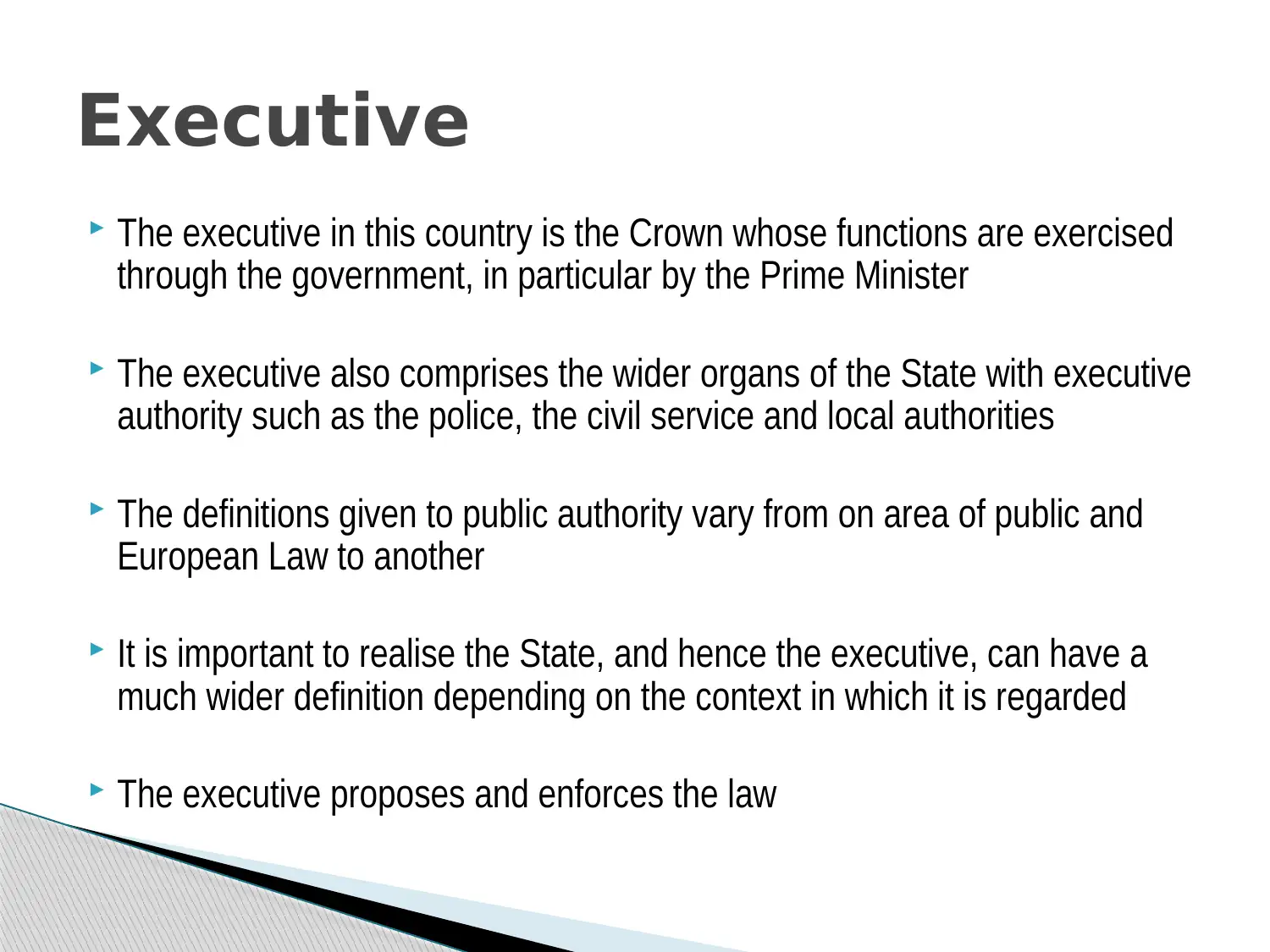
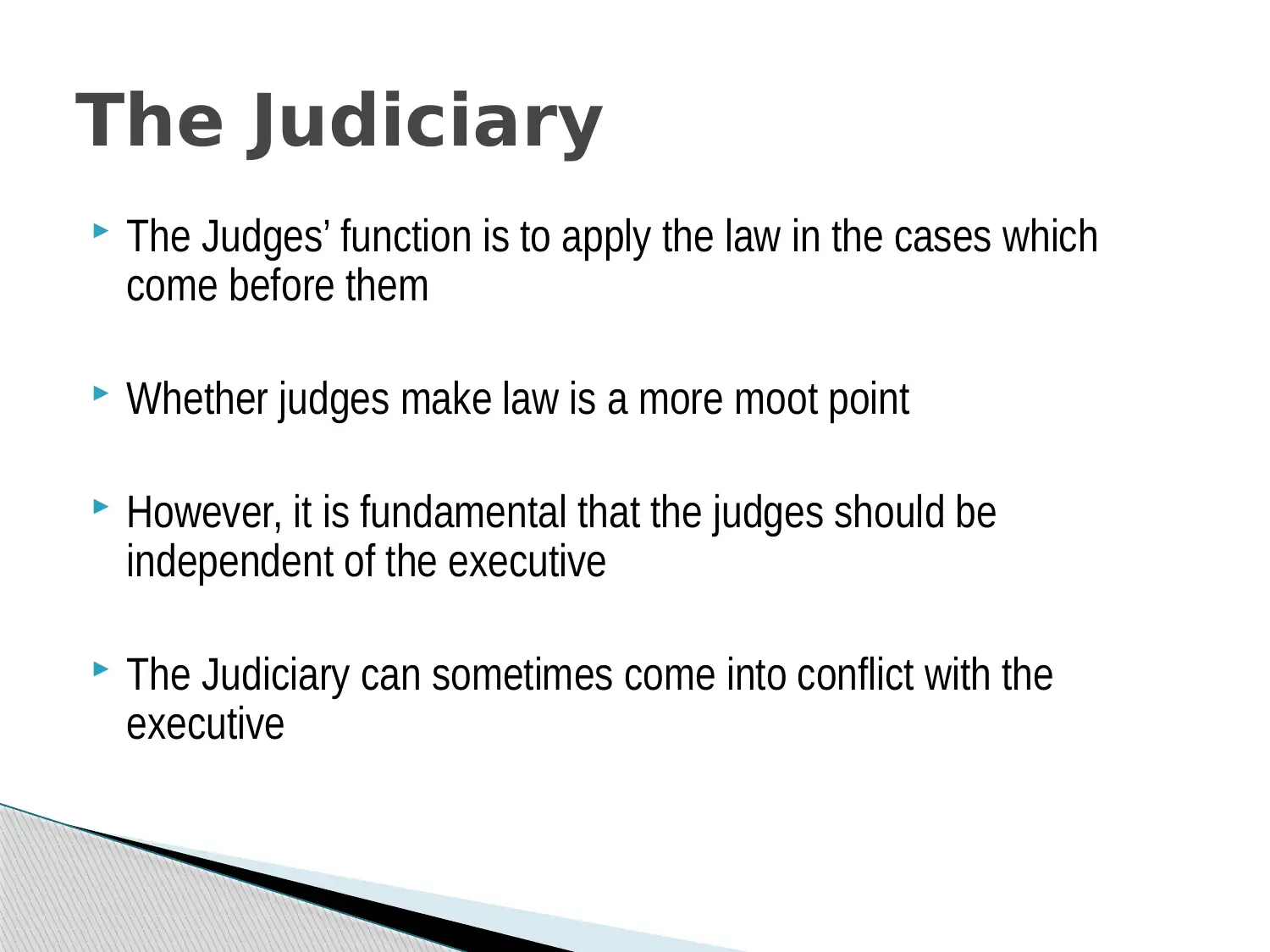
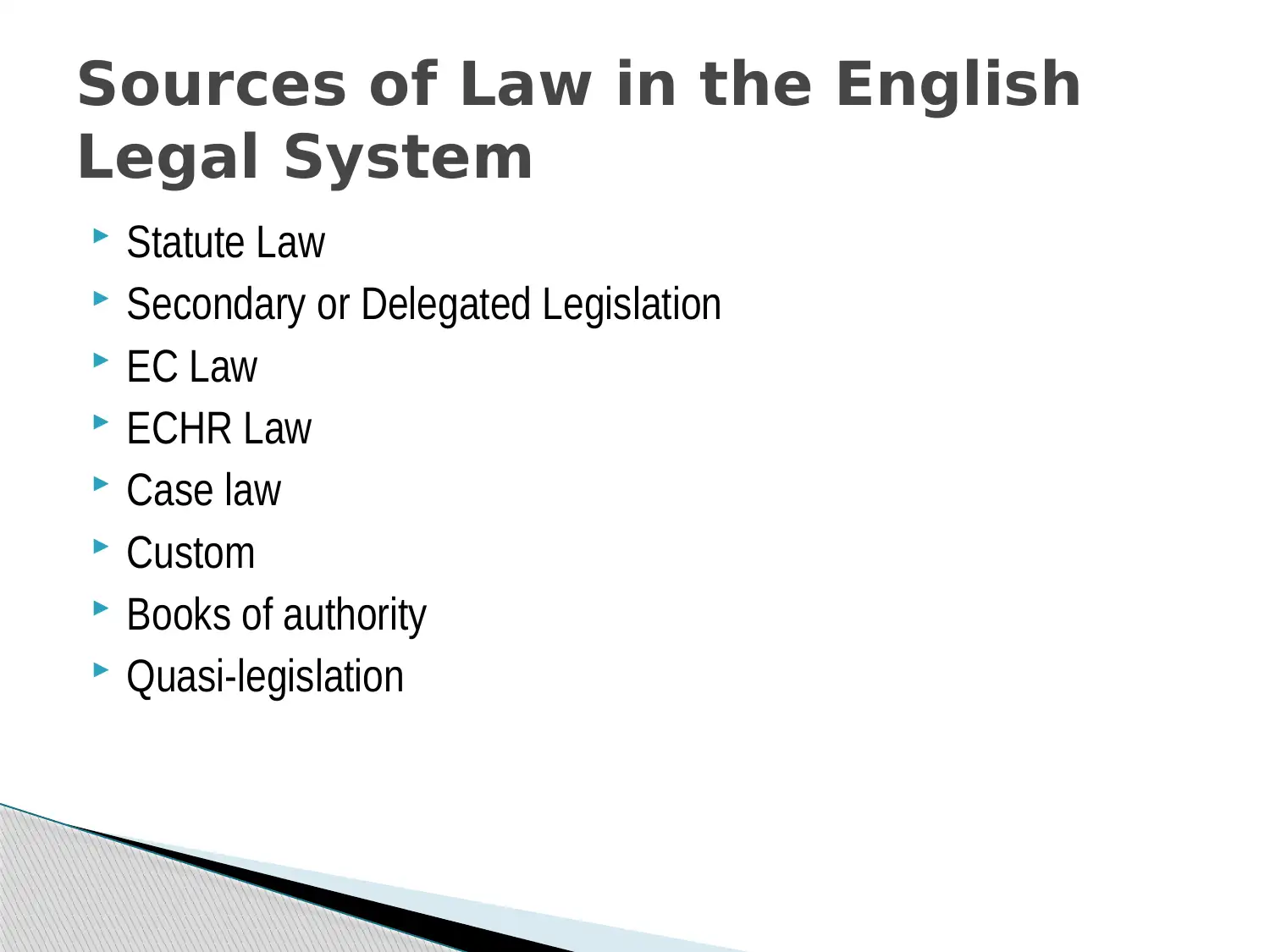
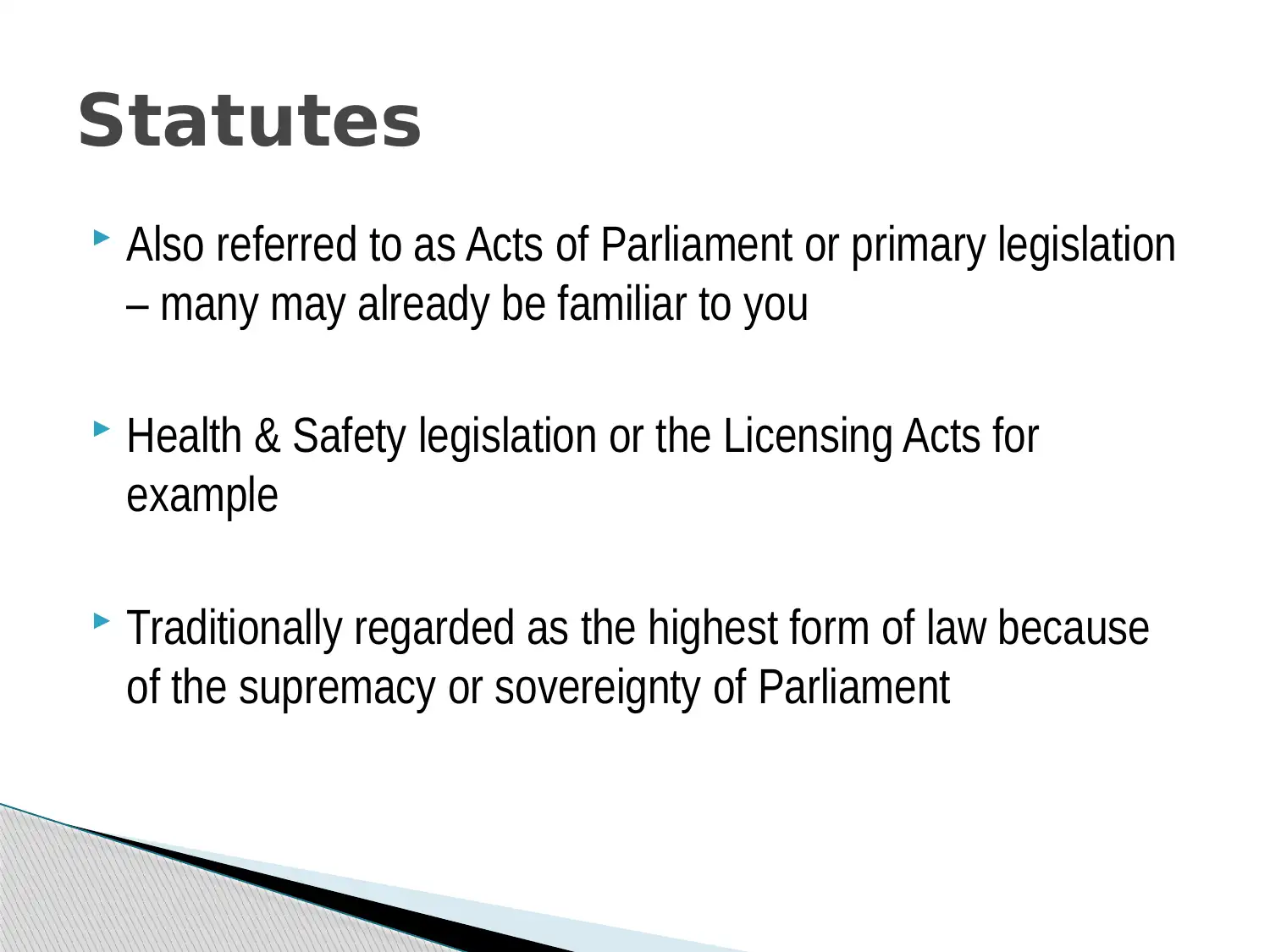
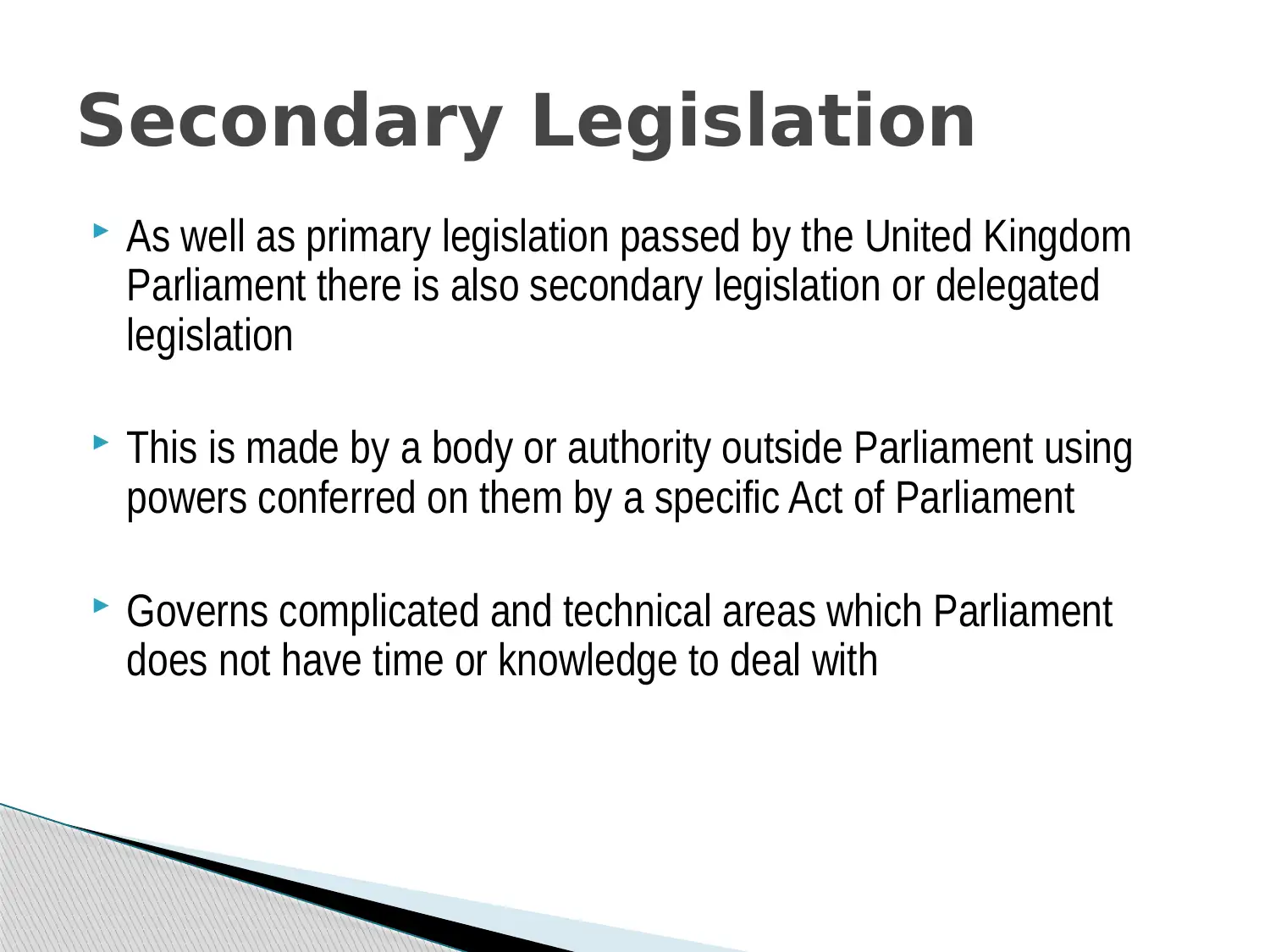
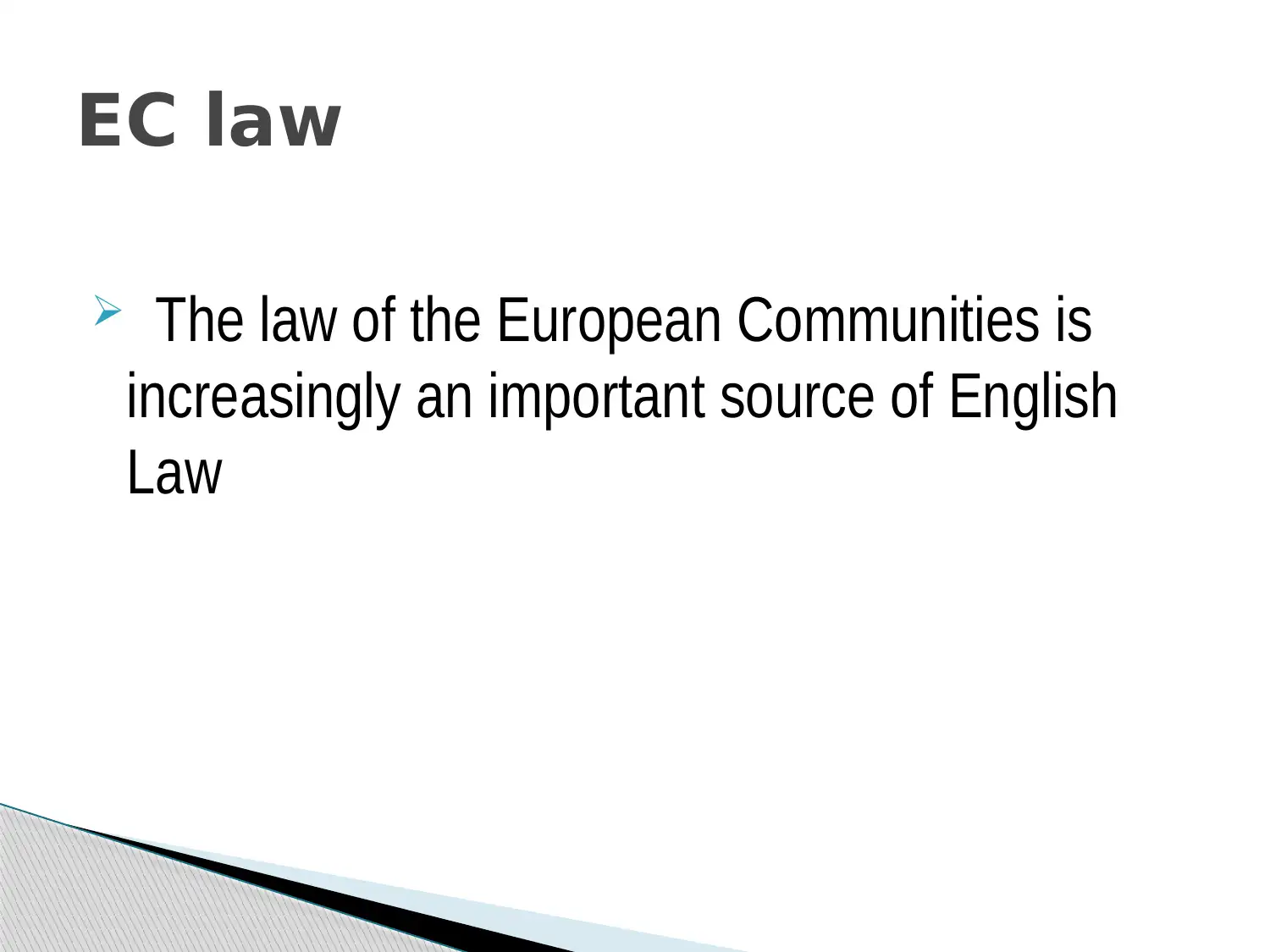
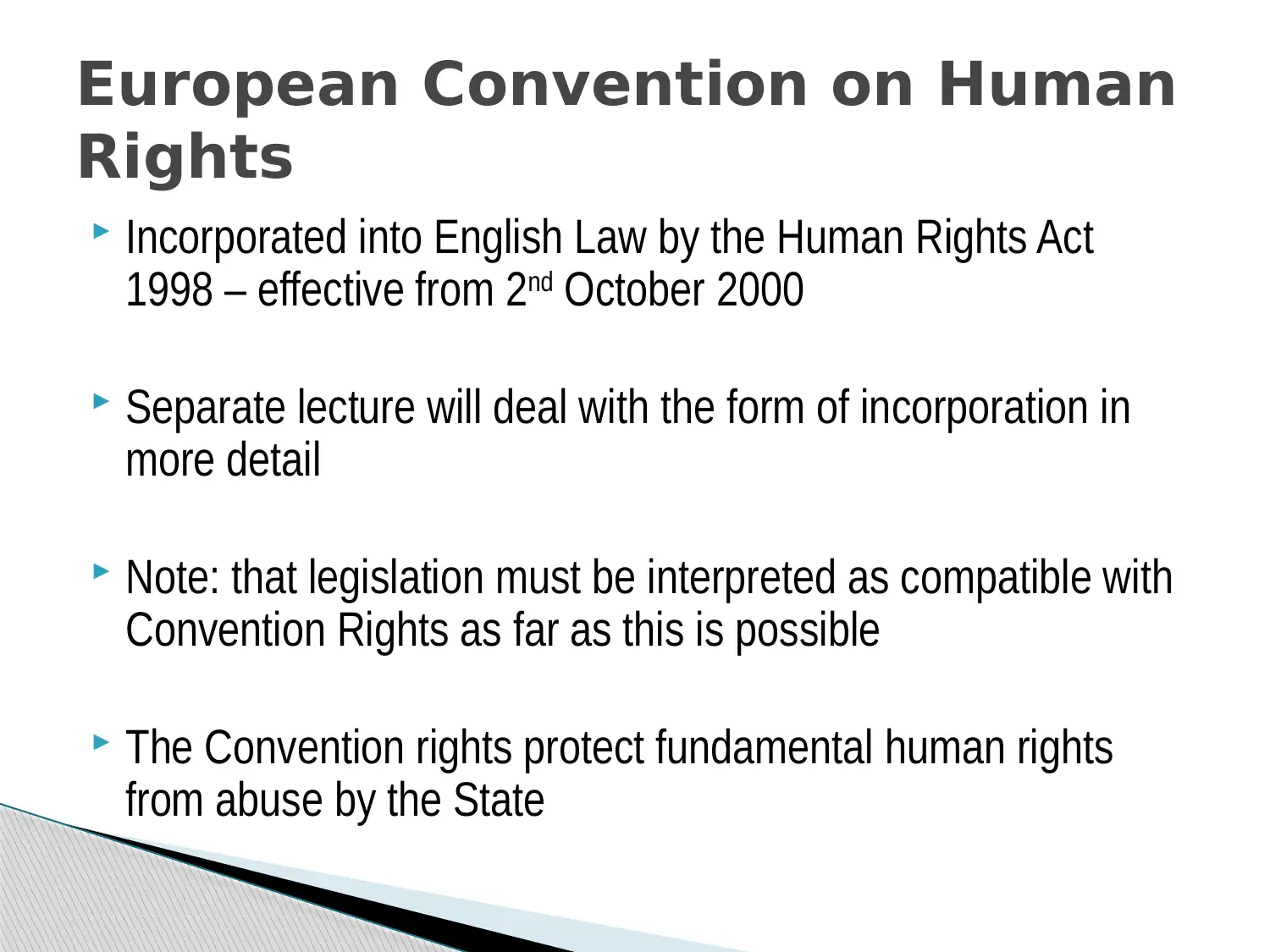
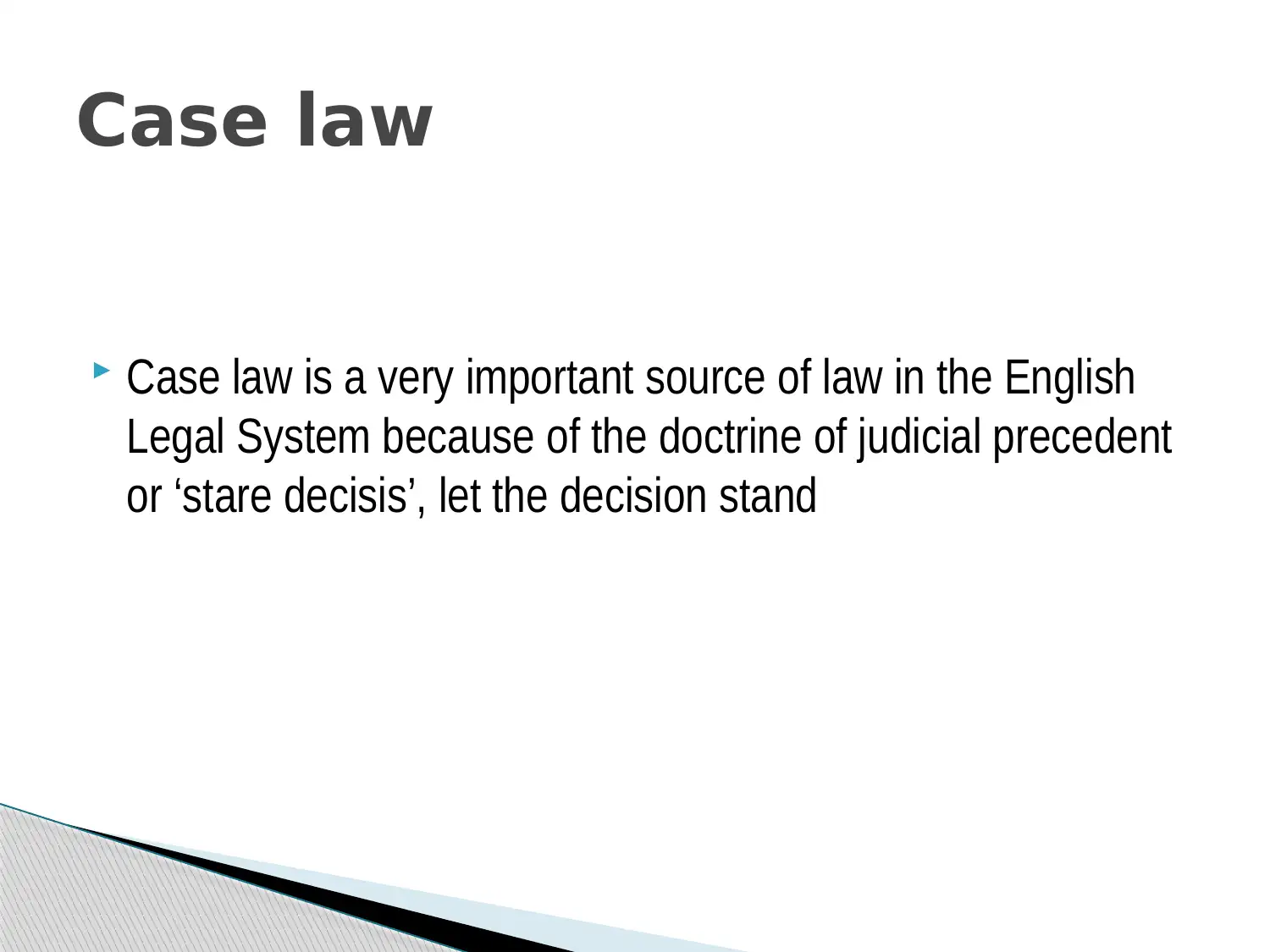






![[object Object]](/_next/static/media/star-bottom.7253800d.svg)